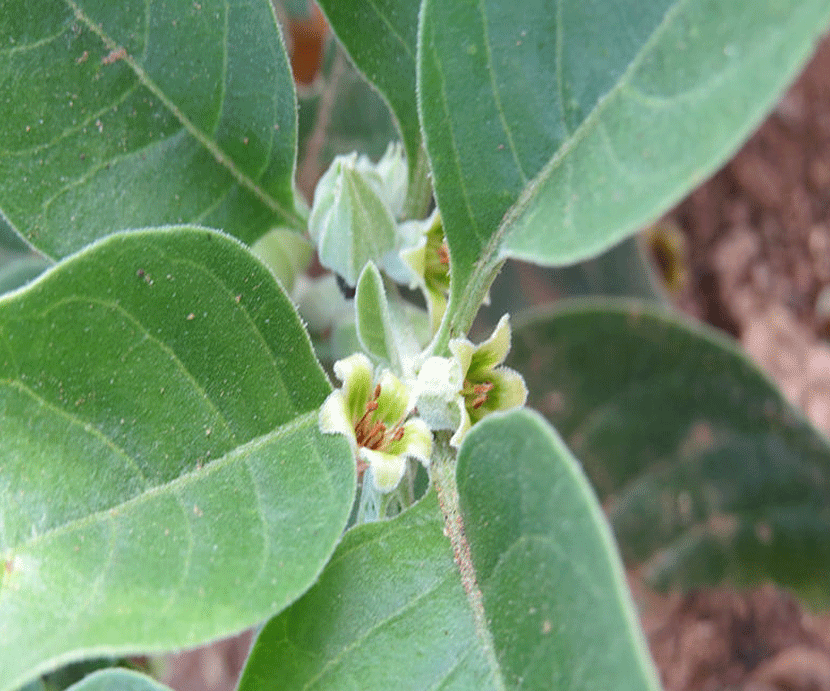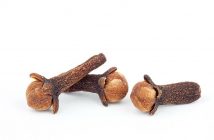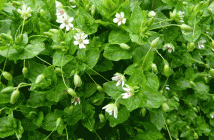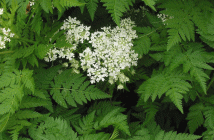 The increasing awareness of ashwagandha (Withania somnifera) in North America during the 1990s coincided with the upsurge in popularity of the ancient healing art from India known as Ayurveda. Ayurveda’s success owed much to a series of best-selling books by Dr. Deep Chopra, most notably, Quantum Healing (Bantam, 1989) and Perfect Health (1990). According to Chopra, “Ayurveda is nothing more than the human mind exerting its deepest influence on the body, thereby making us aware of the need to bring it more into balance with nature” (p. 35). Chopra believes that various herbs and spices, including washstand, help facilitate the optimum balance between mind and body; the result is freedom from sickness.
The increasing awareness of ashwagandha (Withania somnifera) in North America during the 1990s coincided with the upsurge in popularity of the ancient healing art from India known as Ayurveda. Ayurveda’s success owed much to a series of best-selling books by Dr. Deep Chopra, most notably, Quantum Healing (Bantam, 1989) and Perfect Health (1990). According to Chopra, “Ayurveda is nothing more than the human mind exerting its deepest influence on the body, thereby making us aware of the need to bring it more into balance with nature” (p. 35). Chopra believes that various herbs and spices, including washstand, help facilitate the optimum balance between mind and body; the result is freedom from sickness.
The name refers to the plant’s odor, described as smelling much like a sweaty horse. An erect shrub possessing greenish or bright-yellow flowers, ashwagandha reaches seven feet in height in India, Pakistan, the Middle East, and the eastern Mediterranean. Its active ingredients-alkaloids and withstands-are similar to those in gin
seng; in fact, both herbs are utilized to enhance longevity and sexual performance. Whereas ginseng is a stimulant, however, ashwagandha acts as a tranquilizer and sedative. It is as esteemed in the Middle East as ginseng is in the Orient.
Ashwagandha has gained considerable support as an effective medicinal within mental health circles. A study outlined in Selected Medicinal Plants of India (1992) indicated that patients taking regular doses of the herb for one month exhibited little evidence of prior anxiety disorders, panic attacks, and similar mood disorders. Likewise,
American psychiatrists have determined that psychotic disorders such as manic depression, alcoholic paranoia, and schizophrenia have been effectively treated by its use. Furthermore, a combined regimen of ashwagandha, gotu kola, and ginkgo Bilbao capsules has been proven to dramatically enhance learning ability and memory retention.
Studies on both rats and humans have conclusively shown that the herb (in alcoholic root extract form) has helped put cancer tumors into regression and reduce inflammation in rheumatoid arthritis. Ashwagandha’s high steroid content has proven more potent than hy¬drocortisone for the latter condition. It is also being used to treat sports injuries.
The herb appears to possess many other potential benefits. It kills several types of harmful bacteria and fungi. Animal research has revealed that ashwagandha lowers blood pressure and protects the liver from damage induced by toxic chemicals.



